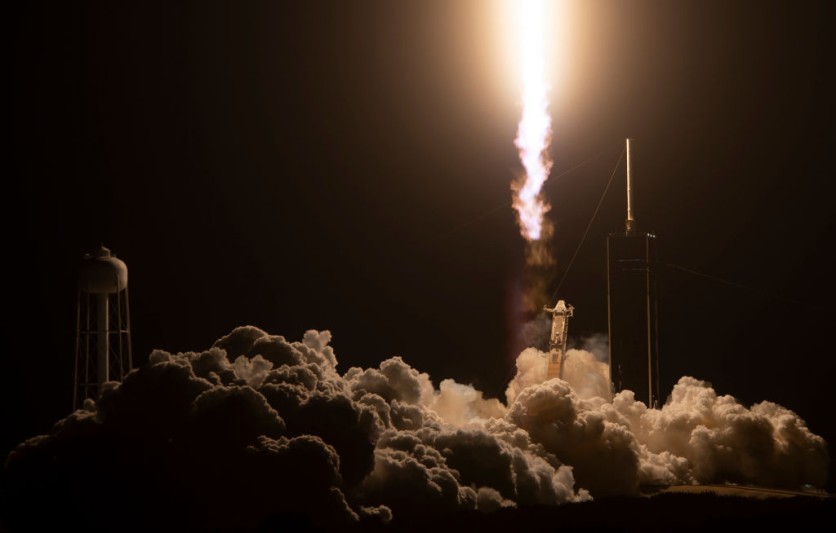The high command of the Pentagon will gather the following week to talk about the growing danger posed by new space weapons being developed by China and Russia.

Addressing Threats of Russian and Chinese Space Weapons
According to the meeting's agenda, which DefenseNews has reviewed, the meeting will discuss how China and Russia's possible expansion of fractional orbital bombardment systems and space-to-ground weapons may affect U.S. deterrence and strategic stability.
The meeting will also discuss the country's response options in the case these space weapons develop and may pose risks to America's defense.
The briefing will be attended by top U.S. Department of Defense officials, such as Secretary of Defense Lloyd Austin and Deputy Secretary of Defense Kathleen Hicks. Former national security officials from the Defense Policy Board will also be present.
The meeting takes place as China and Russia both continue to research, test, and develop new space-based technologies that may be able to surpass America's capacity to detect, track, or counter them.
Read also : U.S. Military Accuses Russia's Satellite 'Kosmos 2558' Of Shadowing U.S. Spy Satellite By Just 37 Feet!
The Space Weapons
For instance, China tested what some experts believed to be a FOBS, or fractional orbital bombardment system, in October 2021. This system allows for the deployment of weapons, such as hypersonic glide vehicles, in low Earth orbit until they deorbit above their targets.
This weapon can defeat or circumvent existing early warning systems as well.
According to Space.com, a wide range of anti-satellite technologies has also been developed by China, including lasers, ground-launched anti-satellite missiles, and spacecraft with the capability to grab and yank other satellites out of orbit.
In the meantime, Russia has been working hard to create space-based weapons and anti-satellite systems, including satellites with projectile-firing capabilities.
A Russian anti-satellite missile test in November 2021 produced tens of thousands of pieces of space debris, forcing the International Space Station to take evasive action to avoid them.
Gen. David D. Thompson, the second-in-command of the Space Force, told The Washington Post in 2021 that American satellites are attacked "every single day" and that the country has reached a stage where a wide range of potential threats to its space assets are already existing.
This article is owned by Tech Times
Written by Joaquin Victor Tacla
ⓒ 2025 TECHTIMES.com All rights reserved. Do not reproduce without permission.




